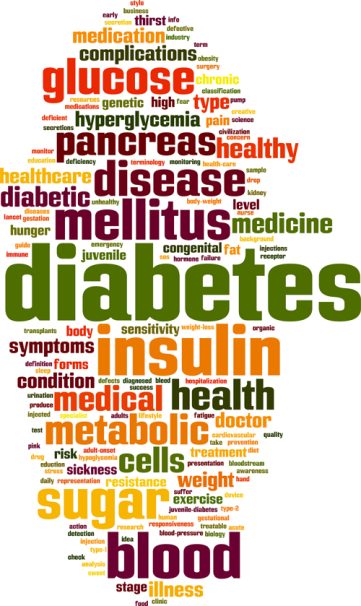
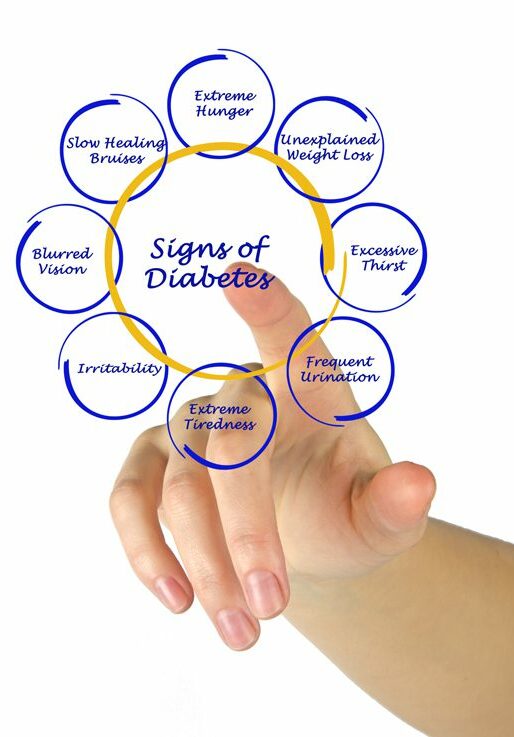
Diabetes Education Program
St. Margaret’s Diabetes Education Program can help you regain control and obtain clarity about your health.
If you’re looking for diabetes education opportunities, including learning about prevention, becoming more knowledgeable about the disease and finding ways to overcome challenges and improve self-care when living with the disease, you have come to the right place. We’re here to educate about diabetes, as well as provide ongoing support and resources for managing it and establishing a healthy lifestyle routine.
The St. Margaret’s Hospital Diabetes Education Program is accredited through the Association of Diabetes Care & Education Specialists (ADCES). Diabetes self-care education is provided by a Diabetes Lifestyle Coach who possesses extensive knowledge and experience in diabetes prevention and management. The program educator is dedicated to assisting those with prediabetes, gestational diabetes, and type 1 or type 2 diabetes to overcome challenges and improve self-care knowledge in order to establish a healthy lifestyle routine.
A provider referral is required for education appointments so talk to your medical provider about your concerns.
We currently offer our diabetes education program at the Diabetes Wellness Center located adjacent to the Illinois Valley YMCA in Peru. We will continue to make updates as new developments take place.
Diabetes Wellness Center
(Located adjacent to the Illinois Valley YMCA)
310 Walnut Street, Peru, IL | (815) 780-3576
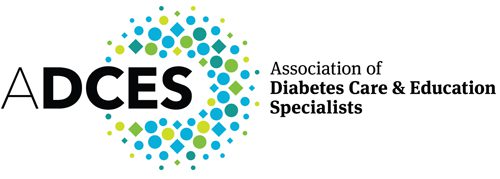

Diabetes Support Group Topics 2023:
Feb. 7 Resolutions/Goals
Mar. 7 Build a Healthy Plate
Apr. 4 Low Impact Exercises
May 2 Diabetes Trivia
Jun. 6 Rethink Your Drink
Jul. 11 Tai Chi *
Aug. 1 Carb Counting & Nutrition
Sep. 5 Heart Health
Oct. 3 Diabetes Jeopardy
Nov. 7 Diabetes Sick Day Management
*This is a week later than usual due to the holiday.
All you need to know about living with Diabetes
St. Margaret’s Diabetes Wellness Center offers Diabetes Self-Management Education (DSME). Our team offers individualized health information for people with Pre-Diabetes, Type 1 Diabetes, Type 2 Diabetes, Gestational Diabetes & their caregivers. Our education program strives to build a solid foundation for all diabetic patients & their caregivers/support people, so they may achieve successful diabetes self-management.
We provide knowledge & skill training, in addition to helping patients understand the vital role they play in their diabetes management. Our program curriculum focuses on the Association of Diabetes Care & Education Specialists (ADCES) 7 Self-Care Behaviors that are crucial for improved health & a better quality of life.

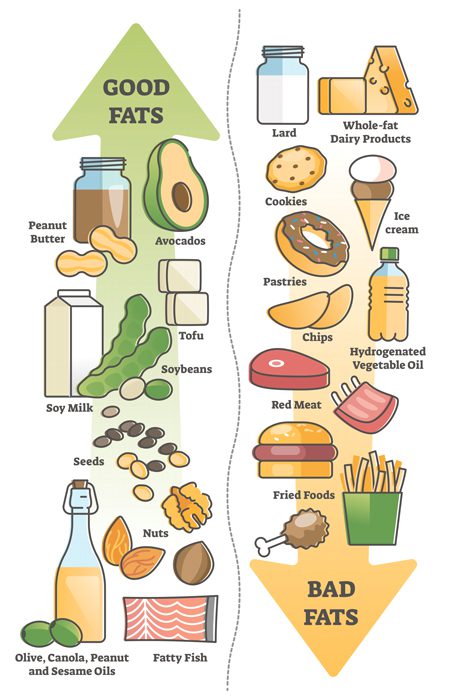
• How to live a healthy life with diabetes
• Diabetes Complications
• Meal Planning
• Feet Care
• Medications
• Blood Glucose Monitoring
• Blood Glucose Targets
• Sick Day Management
• Physical Activity
• Goal Setting
Our team members will work hard to create a meal plan to fit your needs. You will also learn:
- Carbohydrate Counting
- Healthy & Delicious Food Choices
- Dining Out
- Reading Nutrition Labels
- How to make ALL FOODS FIT!
Our team members of experts include:
- Your Primary Care Physician
- Family Nurse
- Practitioners who are Board Certified
in Advanced Diabetes Management - Certified Diabetes Educators
- Registered Dietitians
- Registered Nurses
- Trained Lifestyle Coaches
- Certified Insulin Pump Trainers
People who have completed our program show:
- Improved health & more confidence in
managing their diabetes - Better blood sugar levels & A1C
- Minimized adverse effects of diabetes
- Fewer ER visits & hospitalizations
To sign up:
- Ask your healthcare provider to enter an order for Diabetes Self-Management Education
- Call St. Margaret’s Diabetes Wellness Center at: (815) 780-3576
- Diabetes Self-Management Education & Training for Type 1, Type 2, Gestational & Pre-Diabetes
- CDC Recognized Diabetes Prevention Program
- Medication, Insulin Vial & Pen Education & Training
- Insulin Pump Training & Maintenance
- Glucometer Training
- Professional & Personal Continuous Glucose Monitoring Education & Training
- On-Going Diabetes Education, Follow-Up & Support through individual appointments or group classes
- Additional Support via phone calls or text message
- Diabetes Support Group
Regular Checkups Reduce Your Risk of Diabetes Complications
According to the American Diabetes Association, diabetes affects an estimated 30.3 million people in the United States and is the 7th leading cause of death. In addition, 84.1 million people are estimated to have pre-diabetes with approximately 7.2 million people living unknowingly with the disease.
By following a treatment plan that is updated by your medical provider as needed, the risk of major complications from diabetes becoming life-threatening can be greatly reduced.
Are you newly diagnosed with diabetes and feel overwhelmed and confused? Do you have diabetes and want more information on healthy eating, physical activity, medications, and monitoring your condition?
If you have pre-diabetes or diabetes, it is important to get the Hemoglobin A1C test done quarterly. This test will average your blood glucose (blood sugar) control from the previous 2-3 months. Hemoglobin is a protein in your blood that links up with sugars like glucose. The HA1C test measures the average of glycated hemoglobin in your blood. With this information in hand, your medical provider can determine if your treatment plan is still successful or if changes need to be made. If your current treatment plan is no longer suitable and adjustments to your plan are not made, then over time disabling or life-threatening complications can develop.
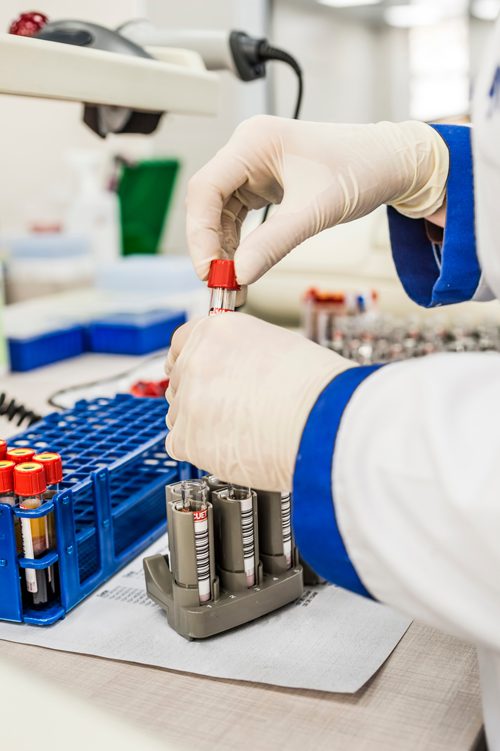

- cardiovascular disease
- damage to your nerves, kidneys, eyes or feet
- skin conditions
- hearing impairment
- Alzheimer’s
- depression
Additionally, blindness and amputations are common results of damage caused by some of these complications. You may know someone who has suffered greatly from diabetes complications. This reality is why the HA1C test is so essential to maintaining a stable, healthy blood glucose level.
An A1C result of 6.5% or above is a diagnosis of diabetes. 5.7-6.4 is considered pre-diabetes. These numbers may vary slightly depending on the laboratory used. During the pre-diabetes stage, studies have shown 7% weight loss and 150 minutes of physical activity per week will delay the onset of diabetes. A good goal for the A1C is to keep it under 7%.
Recommendations for the A1C goal may vary depending on a patient’s age. The A1C result will help to guide your physician and the diabetes education team for treatment recommendations.
St. Margaret’s Diabetes Resource Team
At St. Margaret’s, the diabetes education team includes nurses and dietitians who specialize in diabetes education.
Diabetes educators are trained to help patients self-manage their diabetes successfully. According to the Association of Diabetes Care & Education Specialists, there are seven self-care behaviors to managing diabetes. All seven of these self-care behaviors can have an impact on managing and delaying the progression of diabetes.
We focus on the ADCES’s (Association of Diabetes Care & Education Specialists) 7 Self-Care Behaviors:
Meeting with a registered dietitian and making lifestyle changes, such as healthy eating and being active, has been shown to lower the A1C by 1-2%. Healthy eating does not mean that you are starving your body or that you do not enjoy the food you eat. Healthy eating for diabetes includes most foods, while others are only in moderation. For example, you can have carbohydrates in moderation, but they are not eliminated. It is also important to think about getting 5-6 servings of fruits and vegetables per day. The type of protein sources and portion sizes are important as well, because meat and dairy products are higher in saturated fats and cholesterol, which may lead to heart disease. People with diabetes are at a higher risk for heart disease, so it is good to limit these types of foods.
Another important lifestyle component is exercising or being active. A minimum of 150 minutes per week has been shown to provide a wide range of benefits, including lowering blood sugars and A1C, improving heart health, and helping to manage stress and weight. Since some individuals are not able to exercise in the traditional sense, we recommend other ways to stay active, such as chair exercises or water activities. Taking the stairs and parking further away to get more walking in can help too.
Control of blood sugars and checking levels at home is important. This may show a specific time that a blood sugar may be at target, above, or below target. Food and activity or medication adjustments may be necessary to help your body perform at its best.bus leo.
There are many types of medications that also may be necessary to help control diabetes. A number of medications may work together to lower your blood sugar levels and reduce the risk of complications.
Problem solving skills are also important. Everyone meets challenges or barriers while managing their diabetes at some point. Be prepared to problem solve in order to overcome these obstacles.
Reducing risks. Diabetes puts you at a higher risk for developing other health problems. If you understand these risks, you can take steps to lower your chance of complications. Some examples include getting an annual eye exam, staying up to date on immunizations, or getting regular foot exams.
Healthy coping will help to process mixed feelings about your diabetes management, highs, and lows. Diabetes can affect you both physically and emotionally and stress can raise your blood sugar, even if you are following a healthy lifestyle and taking your medications.
Together, all of these seven self-care behaviors are important to manage diabetes. The diabetes education team can teach you how to manage diabetes, so it is controlled and delay progression of the disease.
- One-On-One Diabetes Education
- Group Sessions
- Continuous Glucose Monitoring
One-On-One Diabetes Education
Patients will have the opportunity to meet with the certified diabetes nurse educator to cover diabetes self management behaviors including healthy eating, medications, monitoring, physical activity, healthy coping, reducing risks and problem solving. Insulin pump therapy and personal continuous glucose monitoring assistance is provided.
Group Sessions
Group sessions are offered and include a series of classes with dynamic and interactive education focusing on diabetes self-management behaviors.
Continuous Glucose Monitoring
Continuous glucose monitoring (CGM) can be used by those with diabetes to identify blood glucose patterns. On average, 288 sensor glucose readings are obtained each day when a CGM is being conducted.
This provides insight as to what your blood glucose is doing overnight, before and after meals, effect of medications, and exercise. With this data, you and your provider are able to identify problem areas, leading to the alteration of one’s treatment plan.
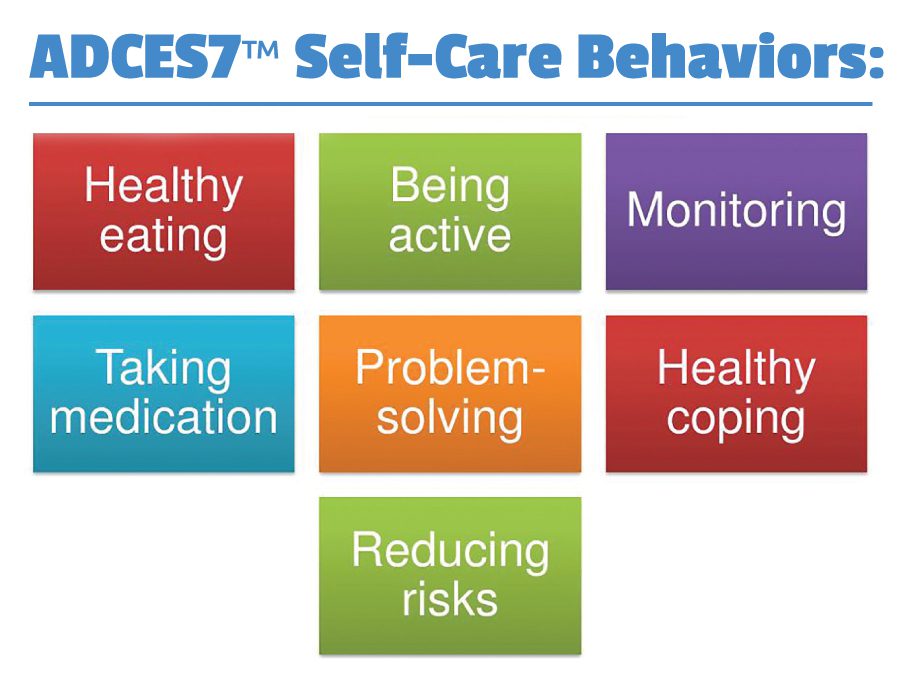
Health is much more dependent on our habits & nutrition than on medicine.
Download these pdfs to help you plan and log your progress.
Tips For Making Your Action Plan

